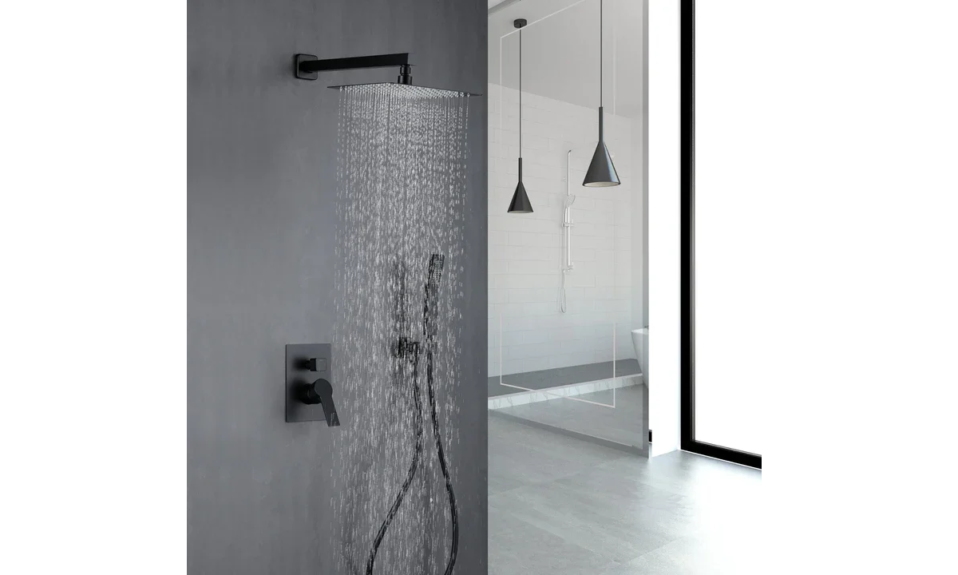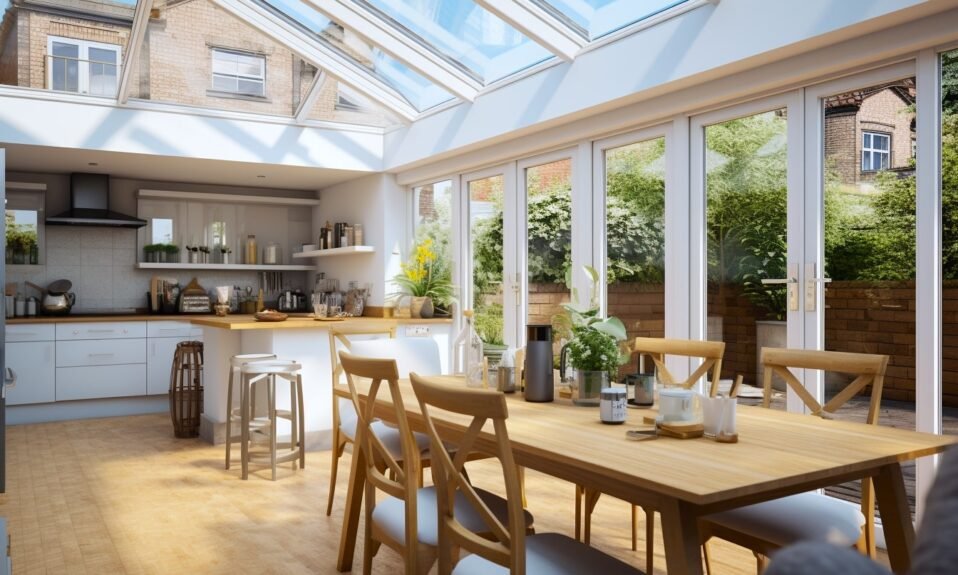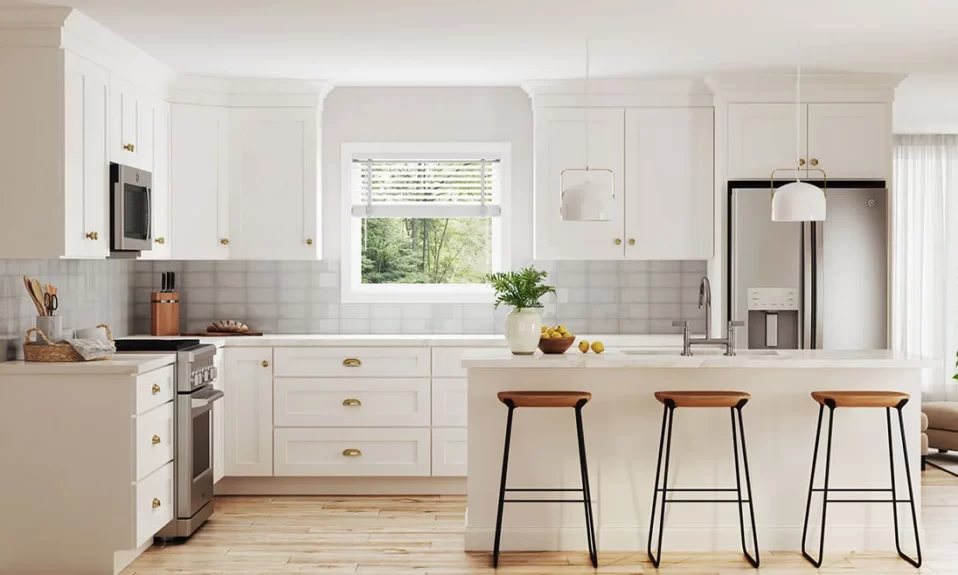Because it offers comfort and cleanliness, your shower system is an essential component of your daily regimen. It needs routine upkeep and care to last longer than any other household item. Ignoring your shower system could eventually result in expensive replacements and repairs. We’ll go over the best ways to extend the life of your shower system in this extensive guide, including preventive and routine maintenance.
Understanding Shower System Components
Understanding your shower system’s numerous parts and how they interact is essential to proper maintenance. To guarantee life and peak performance, every part needs to be maintained, from the drain to the showerhead.
Frequent Upkeep and Cleaning
You must always maintain your shower system clean since corrosion and buildup can harm its parts. Create a regular cleaning program to get rid of mineral deposits, mildew, and soap scum from surfaces and fixtures. To prevent harming finishes, use non-abrasive equipment and gentle cleansers.
Proper Ventilation
Moisture-based shower systems are destined to fail because they can cause structural deterioration, the formation of mold and mildew, and other problems. Make sure your bathroom is properly aired before and after you shower by adding exhaust fans or opening the windows. This reduces humidity and protects against moisture-related issues.
Prompt Repairs
Early detection and resolution of minor problems may stop them from getting worse and save replacement or repair costs. Take immediate action to address any drips, leaks, or odd noises you discover. Ignoring such issues could lead to water damage and structural deterioration.
Changing to Fixtures That Save Water
Low-flow showerheads and faucets are wise choices for water-saving shower system components. By lowering system pressure, these fixtures prolong the life of your plumbing system while saving water and electricity.
The sealant surrounding your shower enclosure and fittings helps prevent water leaks and surface damage. To guarantee a watertight seal, routinely inspect the sealant for signs of wear or degradation, such as gaps or fractures. Reapply as needed.
Avoid Using Hazardous Substances
Your shower system’s components could be harmed or corroded by using strong cleaning solutions. Choose moderate, non-toxic cleansers that are safe to use on plastic, metal, tile, and glass. Furthermore, avoid using scrubbers with abrasives since they may scratch finishes.

Defending Against Harsh Water
Mineral deposits on shower surfaces and fixtures are possible in hard water areas, and this can negatively impact the fixtures’ usability and appearance. Your shower system will last longer and cease accumulating minerals if you use a water softener or descaling solution regularly.
Professional Inspections
Regular evaluations conducted by a certified builder or plumber could assist in detecting these problems before they get worse. Set up yearly maintenance inspections to make sure your shower system is performing at its peak and to take care of any possible issues as soon as they arise.
Self-Troubleshooting Guide
Acquire the knowledge of troubleshooting essentials to handle minor issues with your shower system independently. Learning to perform simple repairs, including changing out worn-out washers and regulating water pressure, can result in long-term time and cost savings.
Acquiring Superior Supplies
When constructing or remodeling your shower system, select long-lasting, premium components and fittings. Although premium products may initially cost more, their strength and longevity will eventually offset this difference.
Methods for Showering That Are Eco-Friendly
You may conserve water and lessen your daily environmental effect by taking showers with sustainable practices. Simple yet efficient methods to conserve water include cutting down on shower times, shutting off the water while lathering, and gathering extra water for other home applications.
Educating Family Members
Ensure that everyone in your house knows how important it is to properly maintain your shower system and how their actions affect how long it lasts. To stop more harm, urge family members to abide by recommended practices and report any problems right away.
Being Prepared for Unexpected Events
Emergency situations can still arise, even with the greatest of intentions. Acquaint yourself with the position of shut-off valves and other emergency controls for your shower system to reduce damage in the event of a leak or malfunction.
Extended-Term Scheduling
As your shower system matures, think about replacing or renovating it in the long run. Setting up money for future improvements enables you to take care of wear and tear and possible problems before they become significant hassles.
Conclusion
You can prolong the life of your shower system and reduce the chance of expensive repairs or replacements by heeding the advice and techniques of experts. need to be maintained frequently, problems should be resolved quickly, and high-quality materials should be purchased to guarantee a trustworthy and durable bathing experience.
FAQs
How frequently should my shower system be cleaned?
At least once a week cleaning is advised to keep everything hygienic and avoid accumulation.
Can hard water damage my shower system?
Hard water deposits can corrode and reduce the operation of fixtures and surfaces.
What should I do if my shower starts to leak?
Cut off the water supply as soon as possible to prevent more harm. Then, call a plumber to diagnose and fix the leak.
Is expert assistance required for shower system maintenance?
Although small repairs can be completed by hand, yearly expert checks are advised to guarantee optimal performance and spot prospective problems.
How can I make my shower system more water-efficient?
Water-conscious water usage practices and the installation of water-efficient fixtures can lower utility costs and water consumption.
Which of the following describes the need for repair or replacement for my shower system?
Leaks, low water pressure, rust or corrosion on fixtures, and strange noises the appliance makes while it’s operating are common indicators.





